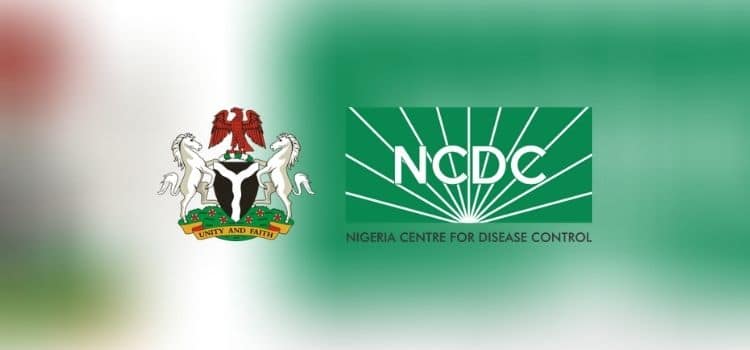By Iyemah David
The Nigeria Centre for Disease Control and Prevention (NCDC) issues this public health advisory given the recent increase in COVID-19 cases in the country and globally.
The Director-General, NCDC, Dr Ifedayo Adetifa, issued the guidelines in an interview in Abuja.
Available data from the NCDC website disclosed that there was a 390.4 per cent increase in testing, which has led to an increase in the report of positive cases.
It stated that “in weeks 23 and 24, the number of samples tested increased to 75,277 from 15,347 reported in weeks 21 and 22. These were reported in the 36 states and FCT.”
The report further said, “In weeks 23 and 24, the number of confirmed cases in absolute numbers increased to 445 from 267 in weeks 21 and 22(May 23 to June 5). “In weeks 23 and 24, discharged cases increased to 185 from 47 in weeks 21 and 22.”
According to public health experts, the rising cases of COVID-19 in the country are alarming and the upward trend needs to be stopped. It is instructive to note that in April, the presidential steering committee (PSC) removed all COVID-19 restrictions in the country.
The PSC removed the limit on attendance for social gatherings and the curfew on midnight movements it announced two years previously to curb the spread of COVID-19.
Dr Adetifa said that the guidelines were based on the prevailing risk from the virus and the need for religious organisations, community leaders, and Nigerians, in general, to take necessary precautions ahead of the upcoming Eid-el-Kabir celebrations.
According to him, the latest situation reports from the World Health Organization (WHO), the number of weekly COVID-19 cases has increased globally for the third consecutive week. Similarly, our national surveillance system has detected a gradual increase in the daily COVID-19 cases recorded in the country.
He said that although confirmed cases increased from 267 to 445 between weeks 21 to 24, hospitalisation and fatalities have remained low suggesting these were mostly mild to moderate cases of the country were in the lag phase before it sees the accompanying increase in severe disease and hospitalisation.
He said that over the last two years, the country, just like the rest of the world has battled a pandemic that led to the hospitalisation and deaths of thousands and beyond health, also disrupted livelihoods and economies.
He said that the national EOC maintains active surveillance in conjunction with State Epidemiologists, supports states to ensure that access to testing is provided for prompt management of confirmed cases, and coordinates genomic surveillance to detect emerging variants.




